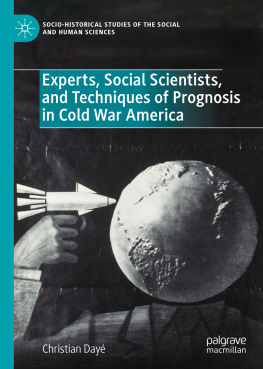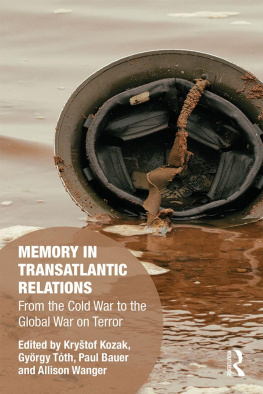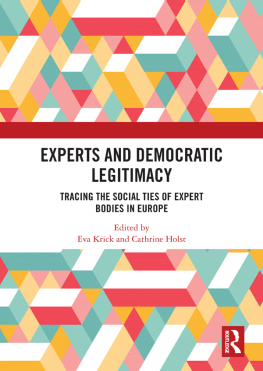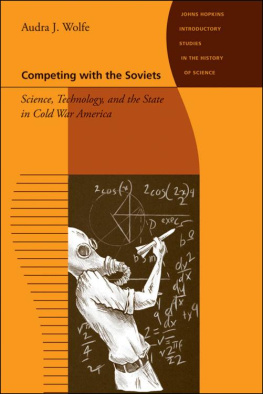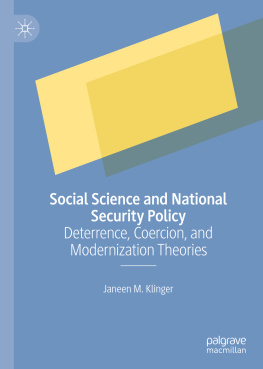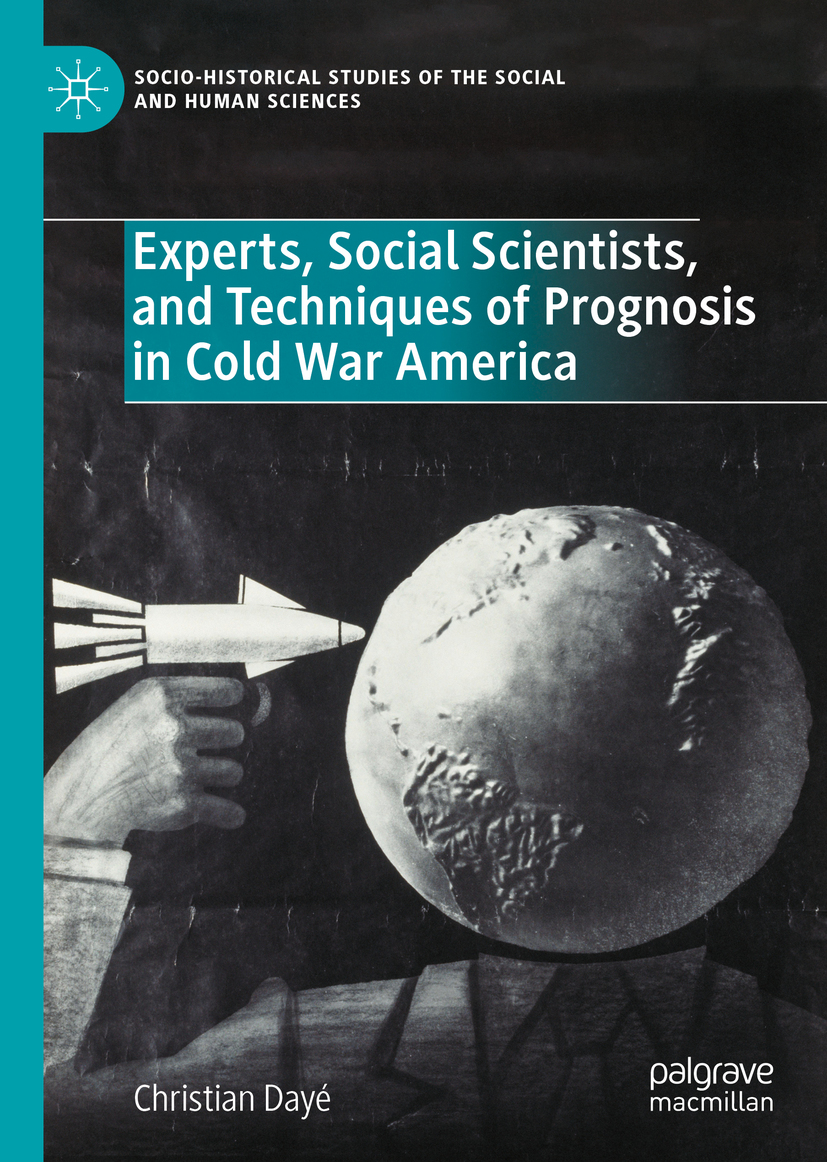Christian Day
Graz, Austria
Socio-Historical Studies of the Social and Human Sciences
ISBN 978-3-030-32780-4 e-ISBN 978-3-030-32781-1
https://doi.org/10.1007/978-3-030-32781-1
The Editor(s) (if applicable) and The Author(s), under exclusive license to Springer Nature Switzerland AG 2020
This work is subject to copyright. All rights are solely and exclusively licensed by the Publisher, whether the whole or part of the material is concerned, specifically the rights of translation, reprinting, reuse of illustrations, recitation, broadcasting, reproduction on microfilms or in any other physical way, and transmission or information storage and retrieval, electronic adaptation, computer software, or by similar or dissimilar methodology now known or hereafter developed.
The use of general descriptive names, registered names, trademarks, service marks, etc. in this publication does not imply, even in the absence of a specific statement, that such names are exempt from the relevant protective laws and regulations and therefore free for general use.
The publisher, the authors and the editors are safe to assume that the advice and information in this book are believed to be true and accurate at the date of publication. Neither the publisher nor the authors or the editors give a warranty, expressed or implied, with respect to the material contained herein or for any errors or omissions that may have been made. The publisher remains neutral with regard to jurisdictional claims in published maps and institutional affiliations.
Cover Image World History Archive / Alamy Stock Photo
This Palgrave Macmillan imprint is published by the registered company Springer Nature Switzerland AG.
The registered company address is: Gewerbestrasse 11, 6330 Cham, Switzerland
Acknowledgments
I started writing this book on 6 August 2015. On this particular day, the radio station I usually listen to while preparing breakfast played the sound of the Peace Bell in the Peace Memorial Park in Hiroshima. It did so to mark the 70th anniversary of the dropping of the atomic bomb Little Boy over this town in South Japan. I had visited Hiroshima the year before. There, despite having been aware of much of the historical facts and circumstances of this attack, and the devastating suffering it brought to the citys inhabitants, the cultural rupture that the new superweapon brought with it became tangible to me. Little Boy and his fellow Fat Man, the bomb that was dropped over Nagasaki some days later, marked the rise of a new culture of insecurity, a culture that was, for the first time in history, truly of global scope.
I would like to start by thanking those who were available for face-to-face interviews. These were Daniel Ellsberg, Joan D. Goldhamer, Theodore J. Gordon, Nicholas Rescher, and Martin Shubik. My ambition and, indeed, hope was that they find resemblance between the events described in the book and their own recollections. I am grateful also for the permissions to use parts of the interviews in the text. I also relied on a series of interviews carried out by Martin J. Collins as part of Smithsonian Institutions RAND Oral History Project as well as on an interview with Olaf Helmer carried out by Kaya Tolon, which is included in the annex of Tolons PhD thesis The American Future Studies Movement (19651975): Its Roots, Motivations, and Influences. Ames, Iowa: Iowa State University, 2011. All these sources provide a sense of the RAND culture that cannot be found in research reports and articles.
I visited RAND twice, in 2011 and 2013, and received considerable support at the place as well as via digital channels over the years. I am grateful to Vivian Artebery who, although her primary responsibilities were with other issues, found the time to support me prior to and during my first visit. Vivian also showed me the Olaf Helmer papers that had just been given to RAND upon his death in spring 2011. Roberta Shanman and Ann Horn provided additional support at that time. My second visit to RAND was prepared by Roberta and Susan Scheiberg, and Susan and Cara McCormick were instrumental in clarifying issues that popped up in the final stages of the research and manuscript preparation process. I specifically want to thank Cara for being of such great support in securing the access to historical photographs, some of which are included, with the generous permission of the RAND Corporation Archives, in the following pages.
Mary Osielski and Brian Keough from the M. E. Grenander Department of Special Collections and Archives, State University of New York at Albany, were kind hosts when I inspected the papers from Hans Speier in October 2007. Further, I am grateful to the staff at the archives of the Hoover Institution and at Hoover Library, both located at Stanford University, Stanford (CA); at the Library of Congress, Washington (DC); at the New York Public Library in New York City; and at the Massachusetts Institute of Technology Libraries, Department of Distinctive Collections, Cambridge (MA). These archives are paradises for historians (of social science), and this is in large parts due to the continued effort of their staff. Permission to reproduce materials was granted by the RAND Corporation Archives and the Massachusetts Institute of Technology.
People do not like insecurities, and over the centuries of human civilization, countless numbers of ways have been devised to reduce insecurity. Among these ways, the council of others deemed wise and experienced ranks high. A lot of wise and experienced people offered support over the years, among them Katelin Albert, Peter Baehr, Daniel Bessner, Martin J. Collins, Matthias Duller, Christian Fleck, Peter Gasser-Steiner, Sharon Ghamari-Tabrizi, Robert Jackall, Philipp Korom, Stefan Laube, Barbara Louis, E. Stina Lyon, Jennifer Platt, Andrea Ploder, Werner Reichmann, Matthias Revers, Erik Schneiderhan, Peter D. Simonson, Mark Solovey, Richard Swedberg, Stephen Turner, Hans Vabitsch, Angelika Wetterer, and Mario Wimmer. Further, the book followed me through times of repeated professional changes, and I was offered supportin one way or the otherfrom people and institutions at the University of Graz, the University of Klagenfurt, and Graz University of Technology, where I am now based. If I did not accept all offers, this had nothing to do with their inherent qualities, but instead was dictated by the work progress; often, to receive the offer was support enough.

